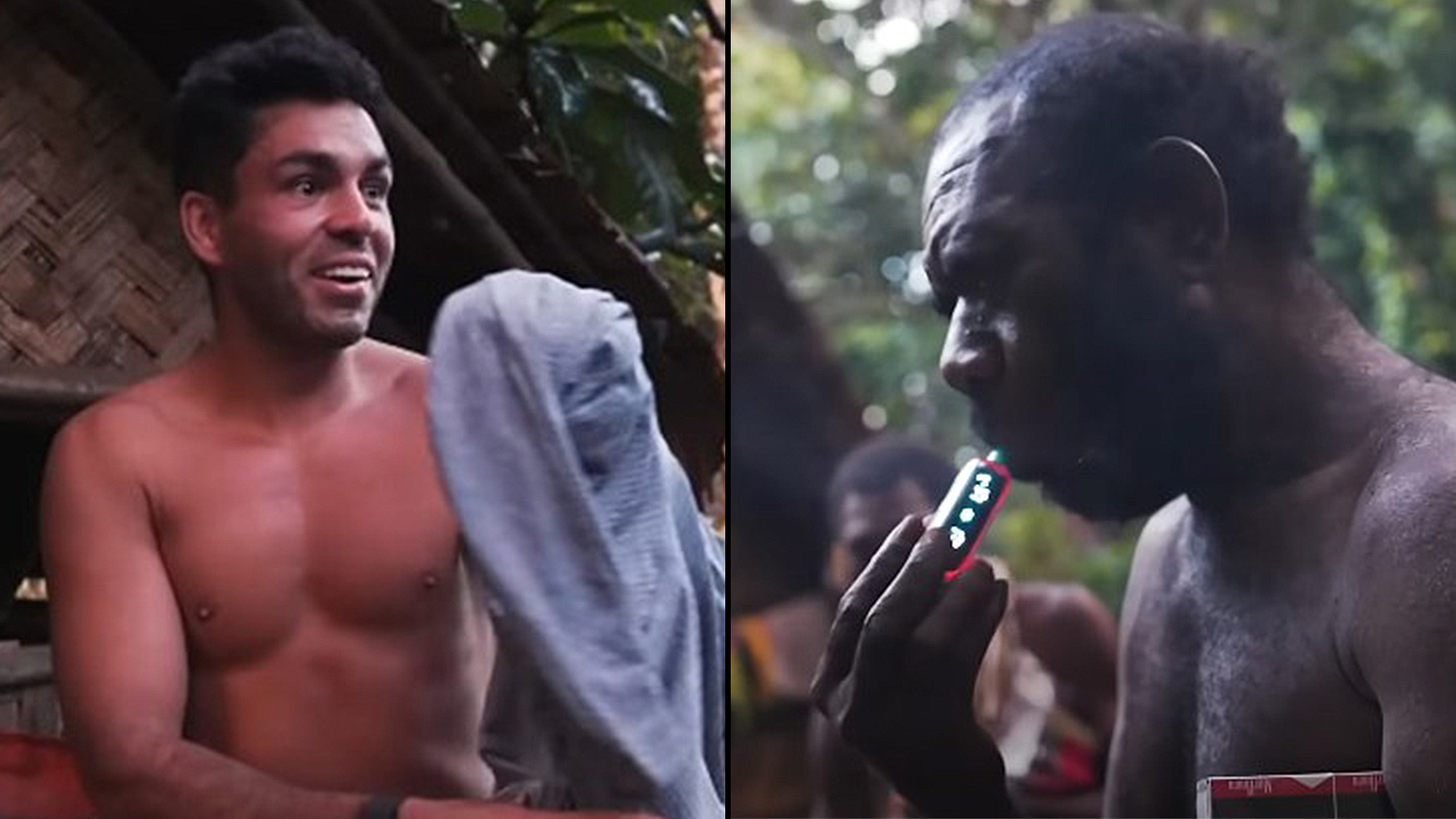spoiler
The NELK Boys, popular for their wild pranks on YouTube, have stirred controversy with their recent escapade in Fiji. Teaming up with renowned outdoorsman Forrest Galante, the group set out to an island near Fiji where they encountered a tribe that had limited contact with the outside world.
During their visit, the influencers engaged in various activities with the tribe, which included distributing liquor, cigarettes, and vapes. The video capturing these interactions has amassed over 4 million views, but the response has been overwhelmingly negative.
While some viewers have questioned the tribe's isolation, many have criticized the NELK Boys for their actions, deeming the stunt irresponsible and disrespectful. Comments on the video range from disbelief to outrage, with numerous individuals questioning the ethics of introducing addictive substances to a community with little exposure to such products.
One viewer humorously commented, "Got them addicted to vapes and then bounced on them?" highlighting the perceived lack of accountability in the group's behavior. Another critic condemned the influencers for "corrupting those pure people," stressing the potential harm caused by their actions.
Despite facing mounting criticism, the NELK Boys have remained silent on the backlash surrounding their controversial video. This is not the first time the group has faced public outrage for their pranks, as a previous incident involving a fake food truck selling dog and cat meat led to police intervention.
The incident has sparked conversations about the responsibilities of content creators and the repercussions of their actions on vulnerable communities. While entertainment is a primary focus for many YouTubers, the line between harmless fun and harmful behavior can easily blur, especially when interacting with marginalized groups.
As social media influencers continue to push boundaries in pursuit of views and engagement, it is crucial to consider the potential impact of their actions. The NELK Boys' encounter with the remote tribe serves as a stark reminder of the significance of ethical conduct and cultural sensitivity in the digital era.
While the temptation of creating viral content may be strong, creators must prioritize respect and integrity in their interactions, particularly when engaging with communities unfamiliar with modern vices. The incident in Fiji underscores the necessity for greater awareness and accountability among online personalities, highlighting the influence they hold and the consequences of their choices.



I hate prank demons. On its own it's a deeply antisocial genre, but when tied to the algorithm it creates the Mr. Beasts and Nelk Boys of the world by rewarding the most antisocial behaviour they can legally get away with.
I swear, western “culture” has turned anti-social into the new pro-social and pro-social into the new anti-social.
Can’t wait until its 2030 and half the population is gone because this country legalized recreational warfare.
Squid Games was meant to be an insane satire about social murder and how the world of the rich is designed to kill the poor.
Or was it meant to be a content clout thing? I can't remember anymore, anyway, I'm gonna go watch "I MAKE 700 PEOPLE FIGHT TO THE DEATH FOR A CHANCE TO WIN 50 GALLONS OF WATER FOR THEIR FAMILY"